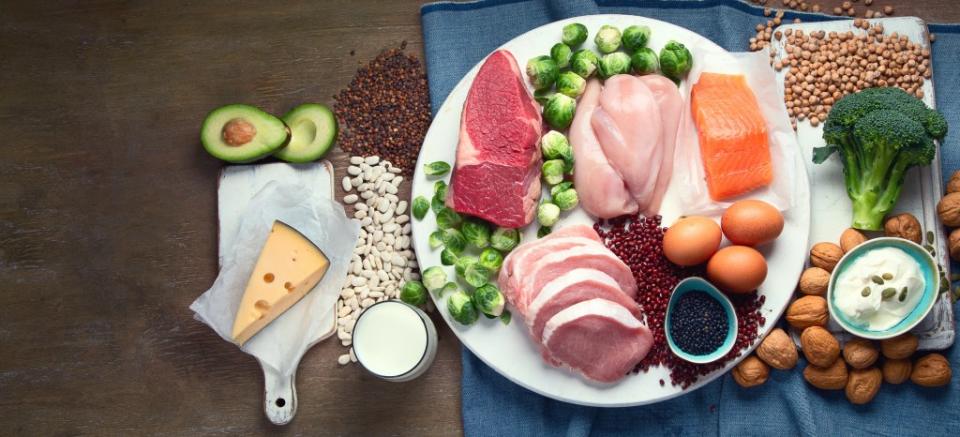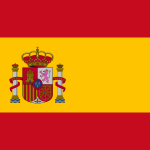[ad_1]
Turns out, there is such a thing as too much protein.
A new study published in the journal Nature Metabolism suggests that eating too much protein is bad for your arteries.
“Our study shows that increasing your protein intake in the pursuit of better metabolic health is not a panacea. You can do real damage to your arteries, senior and co-corresponding author Babak Razani, MD, PhD, professor of cardiology at the University of Pittsburgh, said in a statement.
Researchers at Pitt's School of Medicine found that excessive protein consumption can lead to atherosclerosis, which is a buildup of fat, cholesterol and other substances in the walls of the arteries.
The buildup, also called plaque, can narrow the arteries, block blood flow, or rupture, causing a blood clot.
If more than 22% of dietary calories come from protein, it may increase activation of immune cells that play a role in blood plaque formation in the arteries.
Data collected over the past decade have shown that Americans consume too much protein – mostly from animals – and about a quarter of the US population gets more than 22% of all daily calories from protein alone.
Razani proposed that the trend towards over-consumption of protein is most likely due to the common idea that dietary protein is essential for a healthy lifestyle – but too much can be harmful in the long run.
According to the National Institutes of Health, women should eat an average of 2,000 calories per day and men should eat 2,500 calories per day to maintain weight.
So, on average, if women consume more than 440 calories of protein and men consume more than 550 calories of protein, they may be at risk for damage to the arteries.
This will equate to about a 6-ounce steak, or double the recommended 3-ounce portion.


That means, you might be consuming artery-damaging amounts of protein even before lunch: two eggs (156 calories), 4 slices of bacon (172) and a can of Greek yogurt (100 calories). More than calories.
Foods considered rich in protein include eggs, meat, fish and pulses.
Razani shared, “Our hope is that this research will start a conversation about ways to modify diet in precise ways that can impact body function at the molecular level and reduce disease risk.”
The study looked at a combination of small human trials and experiments in mice and cells in petri dishes.
Razani and Dr. Bettina Mittendorfer, a metabolism expert at the University of Missouri, Columbia, together investigated the relevance of protein in the human body.


The researchers also found that leucine – an essential amino acid and nutrient-based signal to activate protein synthesis – is primarily responsible for abnormal macrophages, which lead to the activation of white blood cells and the risk of atherosclerosis.
“We have shown in our mechanistic studies that amino acids, which are actually the building blocks of proteins, can trigger disease through specific signaling mechanisms and then also alter the metabolism of these cells,” Mittendorfer said. For example, small immune cells in the vessels called macrophages can trigger the development of atherosclerosis.
The findings suggest that differences in leucine levels between diets containing plant and animal proteins may be the reason behind the different effects on heart, blood vessels and metabolic health.


The study's findings are especially important for hospital nutritionists who often recommend that their sickest patients consume a protein-rich diet to maintain muscle mass and strength.
“Maybe it's wrong to blindly increase protein load,” Razani suggested. “Instead, it is important to look at diet holistically and suggest balanced meals that will not inadvertently aggravate cardiovascular conditions, especially in people at risk for heart disease and vessel disorders.
“The potential for this type of mechanistic research to inform future dietary guidelines is quite exciting.”
[ad_2]
Source link






